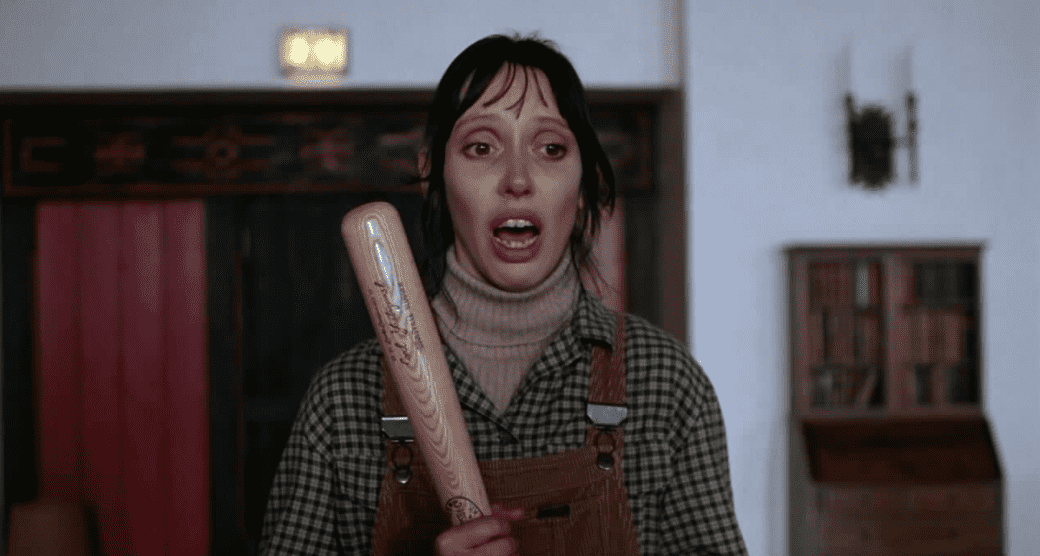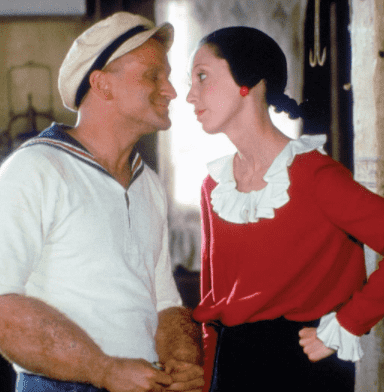What happened in Shelly Duvall’s 2016 interview with Dr Phil? Actor says she found out who he is ‘the hard way’

American actor Shelley Duvall is perhaps best known for starring alongside Jack Nicholson in ‘The Shining’. While she has played multiple critically-acclaimed roles in her career, she had disappeared from the public eye -- she retired from acting in 2002. But a 2016 interview with Phil McGraw of ‘The Dr. Phil Show’ where she discussed her mental health changed that. For the worse.
In a new profile of the somewhat-forgotten actor in The Hollywood Reporter, Duvall opened up about the interview and more. The profile delves into the once shining star’s career, her present life and her now-quiet existence in a small Texas town where the locals care for her as “more of an eccentric aunt than faded movie star”.
READ MORE
Dr. Phil says the US should reopen despite soaring coronavirus casualties, gets slammed

While Duvall gets emotional about her experience with Stanley Kubrick and ‘The Shining’, remembering the grueling work the perfectionist filmmaker demanded, it is the topic of Dr. Phil that makes her uncomfortable. “I found out the kind of person he is the hard way,” Duvall says. “My mother didn't like him, either. A lot of people, like Dan [Gilroy, her longtime partner], said, 'You shouldn't have done that, Shelley.’”
What happened in the 2016 interview?
The interview on ‘The Dr. Phil Show’ that took place in November 2016 has often been called 'exploitative'. Duvall was clearly in no state to be interviewed, as was visible from her words on the show. Asked about her ‘Popeye’ co-star Robin Williams, who suffered from depression and anxiety and died by suicide in 2014, Duvall insisted that she did not think he was dead but rather “shape-shifting.” She also believed that the “Sheriff of Nottingham” was threatening her.
“I’m very sick, I need help,” Duvall admitted on the show. “Well, that’s why I’m here,” replied Dr. Phil. After one hour of Duvall rambling, periodically appearing agitated and disoriented, Dr. Phil informed audiences, “After three days at the treatment center, Shelley still refused to take any medications and she would not sign the paperwork required to treat her.”
The interview was heavily criticized by many in Hollywood, especially by Vivian Kubrick, daughter of Stanley Kubrick, who sensitively covered her father’s psychological abuse of Duvall on the set of ‘The Shining’, in her ‘Making Of The Shining’ documentary. "You are putting Shelley Duvall ‘on show’ while she is suffering from a pitiable state of ill health," Vivian Kubrick said. "Unquestionably, this is purely a form of lurid and exploitative entertainment -- it’s appallingly cruel. Shelley Duvall was a movie star ... whatever dignity a mere unfortunate creature might have in this world, is denied her by your displaying her in this way."
My Letter to you @DrPhil
— Vivian Kubrick (@ViKu1111) November 17, 2016
Re: Your exploitive use of Shelly Duvall is a form of LURID ENTERTAINMENT and is shameful. pic.twitter.com/4f6MRTzr0A
The lack of an apology
After the broadcast and ensuing backlash, McGraw reportedly made repeated attempts at contacting Duvall. The actor told The Hollywood Reporter, "He started calling my mother. She told him, 'Don't call my daughter anymore.' But he started calling my mother all the time trying to get her to let me talk to him again."
A spokesperson for ‘The Dr. Phil Show’ said in a statement on Thursday, "We view every Dr. Phil episode, including Miss Duvall and her struggle with mental illness, as an opportunity to share relatable, useful information and perspective with our audiences. We don't attach the stigma associated with mental illness which many do. With no one else offering help, our goal was to document the struggle and bring amazing resources to change her trajectory as we have for so many over 19 years.”

The statement added, “Unfortunately, she declined our initial offer for inpatient treatment that would have included full physical and mental evaluations, giving her a chance to privately manage her challenges. After many months of follow-up, in collaboration with her mother, she ultimately refused assistance. We were of course very disappointed, but those offers for help remain open today.”










